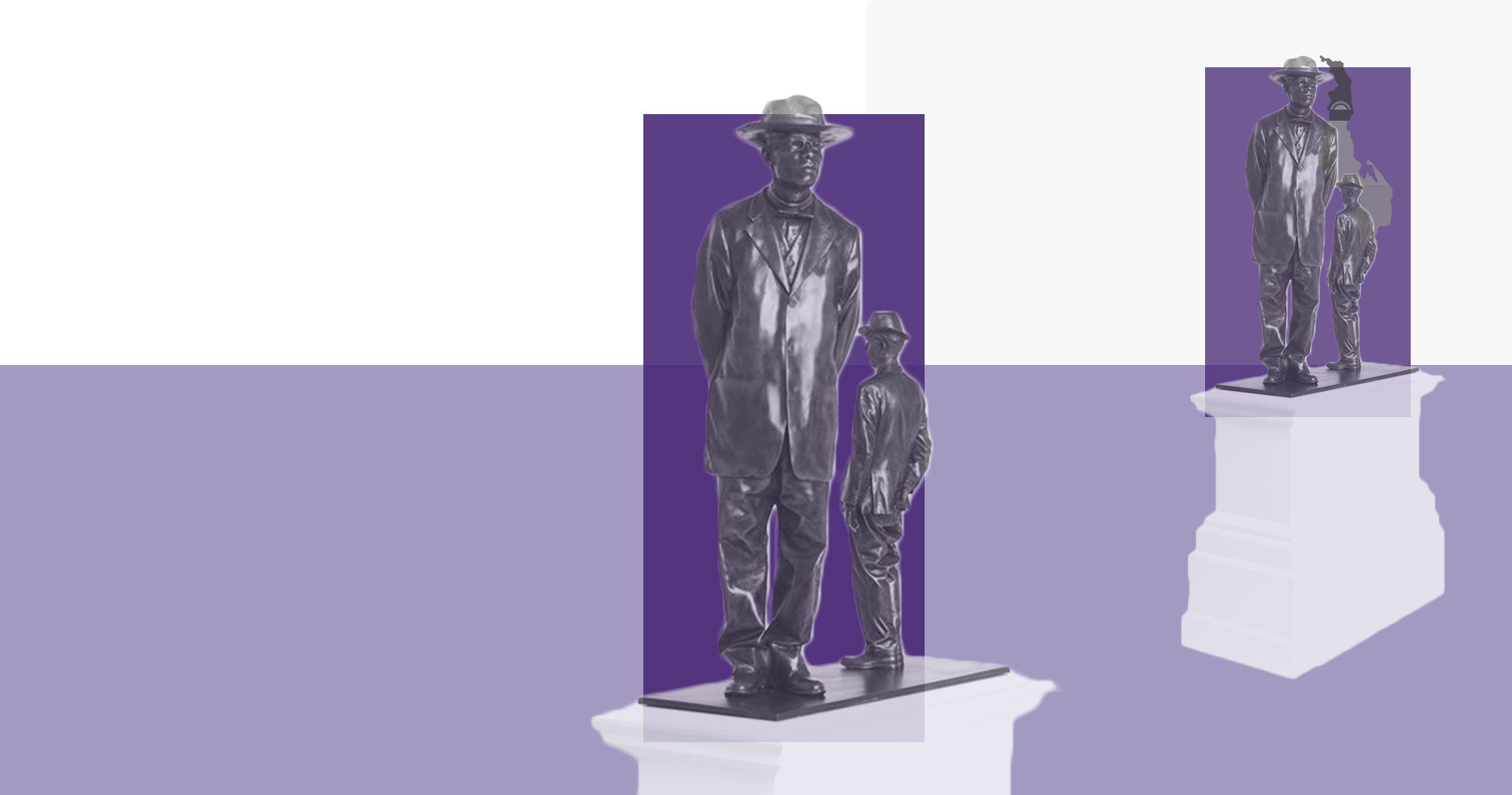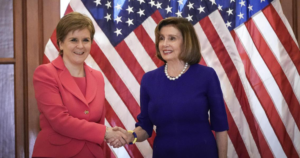Susan Dalgety | @DalgetySusan
When Malawi-born artist Professor Samson Kambula first discussed submitting his statue ‘Antelope’ as a contender for Trafalgar Square’s Fourth Plinth, he said it was considered a bit of a “wild card’.
His work, depicting Malawi freedom fighter and pan-Africanist John Chilembwe, who led a 1915 rebellion against his country’s British colonial masters, was not considered to be a serious contender for the prestigious spot. “It was before George Floyd’s death, and before Black Lives Matter became mainstream”, he told the BBC World Service recently.
But the national conversation about Britain’s colonial past has intensified recently, and Kambula’s wild card has just proved a resounding winner with the British public. The man who was executed for leading an armed resistance against representatives of the British Empire will now stand proudly at the very heart of Britain’s establishment from next year.
Mayor of London, Sadiq Khan, said Kambula’s work would shine “a spotlight on important issues that our society continues to face, and…will spark debate and interest at home and abroad.” And The Scotland Malawi Partnership – the organisation that co-ordinates Scotland’s many links with Malawi – warmly welcomed Professor Kambula’s success, describing his work as a powerful, practical and constructive expression of the Black Lives Matter movement.
The story of Chilembwe is a familiar one to many Scots. In 2005, the then First Minister Jack McConnell pushed the devolution settlement to its limits when he announced a bilateral co-operation agreement between the governments of Malawi and Scotland, building on links that stretched back to Dr David Livingstone.
The relationship between Scots and Malawians began in 1859, with the warm welcome extended to David Livingstone and his companions when he entered what is now Malawi for the first time.
The challenge posed by the United Nations Millennium Development Goals was taken up in Scotland in the late 1990s by David Livingstone’s alma mater the University of Strathclyde when, in partnership with Bell College, they launched their Malawi Millennium Project.
The Scotland Malawi Partnership was officially launched in April 2004, and in 2005, the Scottish Government published Scotland’s first international development strategy, with a particular focus on the relationship between Scotland and Malawi. That same year, the historic Co-operation Agreement between the governments of Scotland and Malawi was signed.
Today 46% of Scots personally know someone with a connection to Malawi. This is now one of the world’s strongest bilateral civic links.
This new approach to international development, one that was rooted in people-to-people links and focused on only one country in the global south, was not universally welcomed. On the eve of President Mutharika’s visit to Scotland, Nicola Sturgeon took to the airwaves to criticise McConnell’s decision to host Malawi’s head of state, citing reports of corruption as her main concern.
Others queried the legitimacy of Scotland having its own international development policy, separate to that of the then Department of International Development (DFID). But 16 years on, the scheme has proved to be a great popular success, with more than 100,000 Scots and 200,000 Malawians actively working together each year, and around 8.5 million Malawians benefitting directly from work in areas such as health, education and climate change.
Glasgow University’s Dental School has joined forces with Malawi’s College of Medicine to establish Malawi’s first dental school. More than 250 Scottish primary and secondary schools have active links with Malawi, and the Scottish Government’s Climate Justice Fund supports community efforts to alleviate the worst effects of climate change in rural Malawi.
And there are many more examples of practical, life-changing partnerships that benefit people in both countries. Even Nicola Sturgeon was convinced, and despite her early scepticism, the SNP government embraced McConnell’s approach after coming to power in 2007. In recent years it has increased its sphere of influence beyond Malawi, supporting work in Zambia, Rwanda and elsewhere.
But it is the relationship with Malawi of which Scotland should be most proud. Former DFID Secretary Rory Stewart described it as,” genuinely one of the most unique, remarkable, interesting and human interweavings of two nations anywhere in the world,” and suggested that it could form the model for international development across the UK, with different regions taking the lead in partnerships with different countries.
As well as being an effective way of supporting practical links between regions such as Yorkshire and Pakistan for example, this partnership model could also provide an excellent platform for young people to learn more about the British Empire and the impact its legacy still has to today on their peers in sub-Saharan Africa and south east Asia.
Scotland’s education secretary, Shirley-Anne Somerville, said in Holyrood recently that there was a need for an “inclusive” curriculum that examined issues such as Scotland’s colonial past. Her commitment should be welcomed, and all parties should work together to ensue her warm words become action.
As the blurb on Sathnam Sanghera’s excellent new book Empireland asserts,‘…imperialism is not something that can be erased with a few statues being torn down or a few institutions facing up to their dark pasts, it exists as a legacy and explains […] who we are as a nation’.
And welcome though Samson Kambula’s powerful homage to John Chilembwe is, we need more than a handful of new statues going up if our children are to learn from their ancestors’ mistakes.
A proper understanding of the economic, social and cultural forces that created modern Britain is required if we are to build a better country, one that celebrates our diversity and is united in a common purpose. Scotland and Malawi can help show the way.
Susan Dalgety is a Scotsman columnist (every Saturday). Her first book, The Spirit of Malawi, was recently published by Luath Press. She is also a director of the Scotland Malawi Partnership.





